
KENYA TODAY
17-04-2024 by Freddie del Curatolo

Among the many proverbs that should be updated, as far as Kenya is concerned, is the well-known 'so much thunder that it rained'. Especially from April to June, 'so much it rained that it was dark' is more relevant and meaningful.
Yes because, as is often the case at this time, more than half the nation is grappling with the continuous blackouts of the national power company, Kenya Power & Lightning.
From Nairobi to Mombasa, from Naivasha to Malindi, from Kisumu to Lamu, there is no city or town, rural, maritime or mountainous area where there have not been or are still power cuts that can last 24 hours or more, or low voltage supply, which in some ways is even more damaging.
In Naivasha, for instance, residents, fed up with the continuous power outages over the past month, have petitioned the Minister of Energy, Davis Chirchir, and Kenya Power CEO, Joseph Siror, claiming that power outages, when they are so frequent, not only pose a security risk, but cost them millions of shillings in lost business and property damage every month.
In Nairobi, there are many areas affected by disruptions, especially after last week's floods, but in many of these areas, the company had warned earlier that there would be outages due to extraordinary maintenance work.
This is not the case in other counties and towns in the country, especially on the coast.
In Malindi, many neighbourhoods have been in the dark for three days, and it is not enough for many residents (especially locals, it is worth pointing out) to convert to solar panels, or to use generators with the risk of damaging them due to too much work. If hotels and restaurants of a certain level now even have two uninterruptible units, so that one generator can take over from the other and vice versa, as well as hospitals and private clinics, it is the small local entrepreneurs who bear the brunt of this situation, as well as private homes.
In general, as The Standard newspaper reports, many businesses are affected, such as machine shops, beauty and hair salons, cybercafes, welders, carpenters and so on.
Local producers, farms, restaurants, markets and entertainment venues have told the media that most of the food stored has gone bad after their refrigerators were turned off for days at a time. Another aspect is the coming and going of electricity and its surges which, for those who cannot afford to buy a 'safeguard' for every electrical socket, means risking expensive equipment such as televisions, computers, stereos, as well as the fridges themselves.
The reasons are always the same: in addition to endemic supply shortages, corruption and rising debt, the rains at this time of year bring out the vagaries of ageing infrastructure.
How could these long-standing inconveniences be solved? One solution has been under consideration by parliament for some time: it is the liberalisation of companies that could invest in Kenya to bring alternative supplies, as well as clean energy. At the same time reduce taxes for those who want to import solar inverter systems and give those who decide to produce their own power the opportunity to sell energy to others as well.
This is not science fiction, the two-speed Kenya that in other sectors is being touted as a country in great development and invited to take part in the G20, should look beyond the immediate gain (of a few) and think that by improving services and infrastructure, everything will come back. Instead, for now, to use another saying, the situation is 'worse than going at night'.
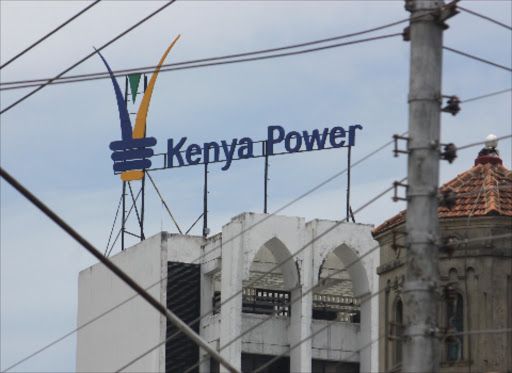
Yesterday evening, Saturday, Kenya experienced the third total...
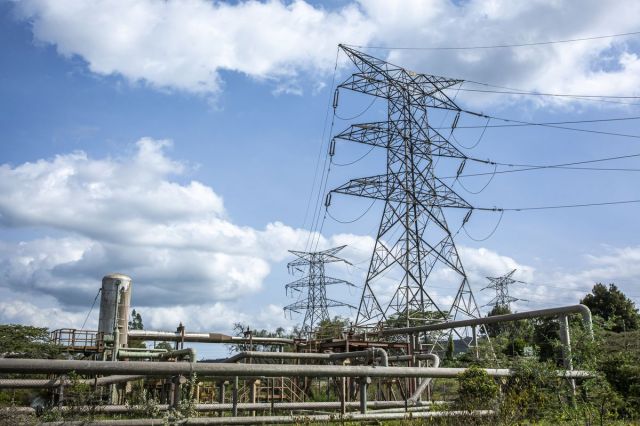
Power blackout in most of Kenya since this morning, Tuesday, January 11.
The Kenya...
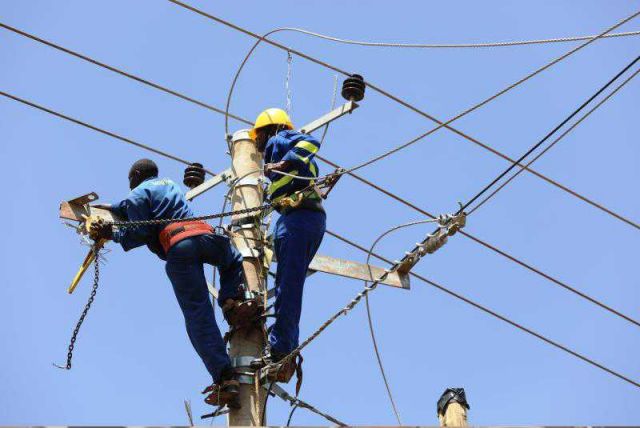
In the days when we learn to live with English words like "lockdown", in Kenya one more...
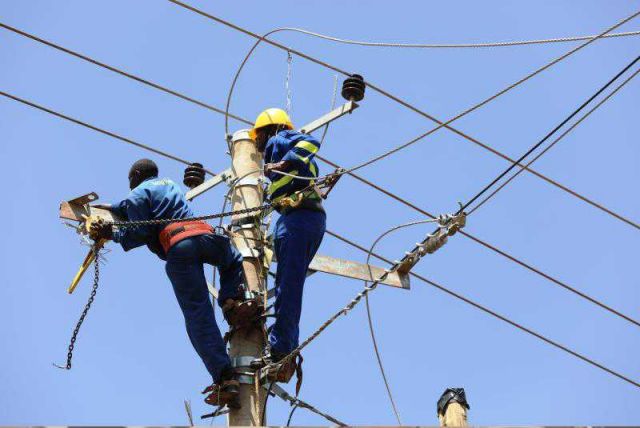
Prepare generators, clean and oil mechanisms, stock up on fuel and organize yourself, at...
ENVIRONMENT
by Leni Frau
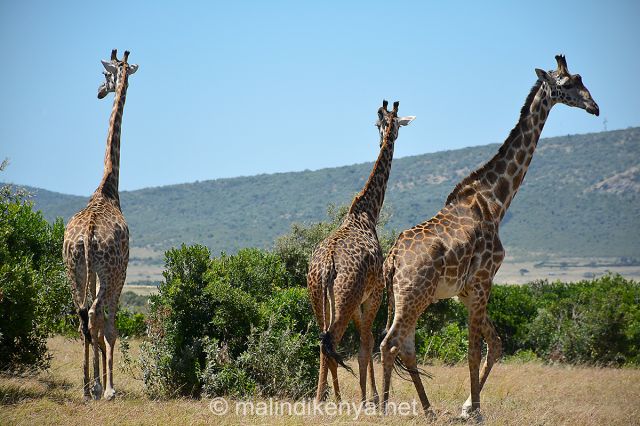
What poachers do not do, unsustainable progress does.
Three...
EDITORIAL
by Freddie del Curatolo

When Saturday morning, around 10 o'clock, for the umpteenth time during the week lacked the light, it was thought the usual two or three hours.
We get organized peacefully here in Malindi order not to open the refrigerators, UPS system...
EDITORIAL
by Freddie del Curatolo

There are tens of thousands of Kenyans who felt cut off from communication with the rest of...
NEWS
by redazione
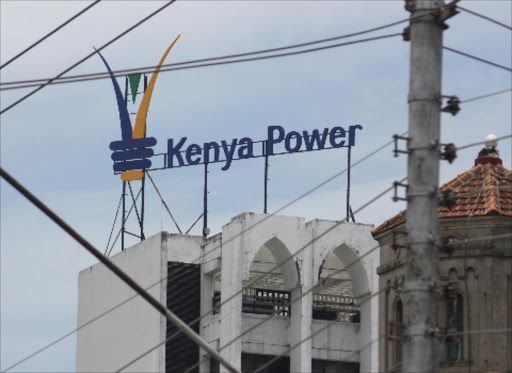
Kenya in checkmate of the national power supply company for its power...
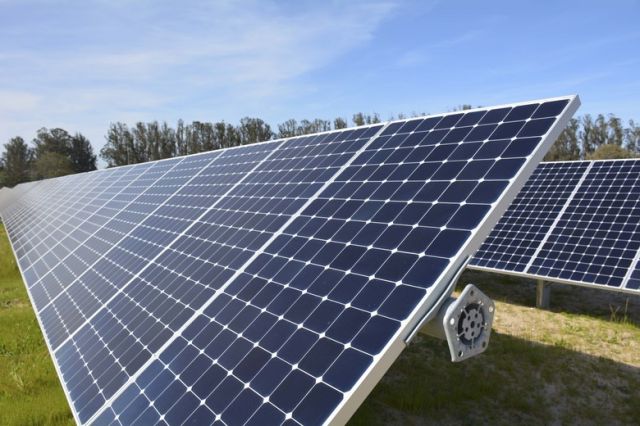
More and more companies, individuals and even public bodies in Kenya are relying on solar energy...